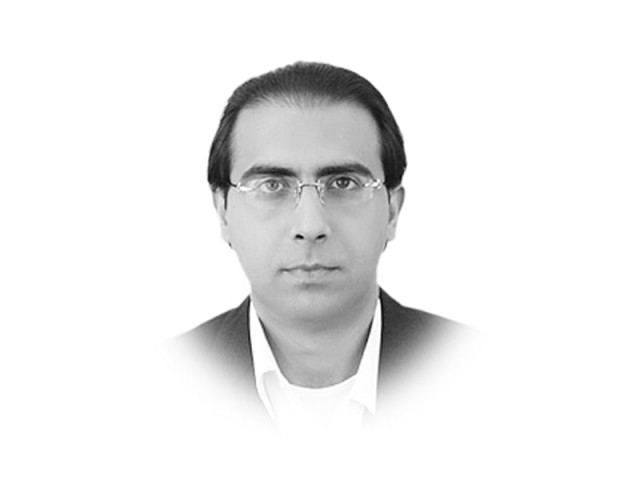Pakistan’s Scapegoating of Afghans
The hostile climate in Pakistan after the APS attack had left Afghan refugees feeling fearful of Pakistani police

The writer is a lawyer and the Pakistan Researcher at Human Rights Watch
The police in Pakistan started targeting Afghans in the country soon after the Pakistani Taliban attacked a school in Peshawar on December 16, 2014, killing 132 children. Farhang told Human Rights Watch (HRW) that in July, the authorities took him and his neighbours from their homes. “They came to our house and kicked in the door,” he said. “The children were very afraid.”
Following last week’s horrific attacks in Paris, refugees in Europe face scapegoating and victimisation for an atrocity they bear no responsibility for. These fears have parallels in the Pakistani response to Afghan refugees following the Peshawar school attack. Farhang, originally from Parwan province in eastern Afghanistan, came to Pakistan with his family as a refugee in 1992 when he was eight, fleeing the terrible war in his homeland. He had lived here since, but in weeks and months after the school attack, police harassment, detention and extortion have forced many Afghans to return to Afghanistan. Farhang, like many others, faces an uncertain future without work or shelter in Afghanistan.
This week, HRW released a report documenting widespread police abuse of Afghans in Pakistan since December 2014. The report, based on interviews with Afghans who had returned to Afghanistan after living many years in Pakistan, and others still living in Pakistan, as well as Pakistani and Afghan government officials, documents a critical human rights problem. Afghans told HRW that the increasingly hostile climate in Pakistan had left them feeling trapped: fearful of returning to Afghanistan, of the Pakistani police raiding their homes and workplaces, and of the need to bribe the police to avoid arrest and detention. Many Afghans said that they returned to Afghanistan because the rampant extortion meant they could no longer make ends meet in Pakistan.
Pakistan has been hosting one of the world’s largest displaced populations for more than 35 years. According to estimates of the Office of the United Nations High Commissioner for Refugees (UNHCR), 1.5 million registered Afghan refugees and one million undocumented Afghans are living in Pakistan. Many of them came to Pakistan in the 1970s and have had children and grandchildren who have never lived in Afghanistan.
In many ways, successive Pakistani governments have responded to the challenge reasonably well. However, after public outrage following the school attack, instances of intimidation intensified to unprecedented levels and included threats from the police that Afghans should leave the country or face arrest. After the Khyber-Pakhtunkhwa government called for all Afghans to leave within a month of the attack, the minister of states and frontier regions, at a joint news conference with the UNHCR representative, called for reason, pointing out that there was no evidence that registered Afghans were involved in “terrorism-related” activities in Pakistan. In fact, many of the Afghans living in Pakistan had fled Afghanistan fearing Taliban atrocities.
There is always anger and pressure on governments to act after wanton acts of violence, like shooting down schoolchildren or young people at a concert. But it is also wrong and unjust to treat refugees as perpetrators or collaborators while they, too, are victims.
As Kenneth Roth, HRW’s executive director, said on November 16 after the Paris attacks, “There’s a tendency right now to blame the refugees, because apparently one of the participants in the attacks had entered Europe with the migrant flow.” But it was important, he said, that “Europe shouldn’t allow the fear of the refugee flow to overshadow the genuine problem that it has with social inclusion, and making sure that members of prior immigrant communities feel that they have a real place within European society.”
These words apply to Pakistan and its treatment of migrants and refugees as well. The Pakistani government should ensure that all law-enforcement and other government officials treat Afghans living in Pakistan with dignity and respect for their human rights in compliance with domestic and international law. Ending police abuses and ensuring that Afghans are treated fairly should be a first step towards formulating a viable legal framework to manage the Afghan population in Pakistan.
Published in The Express Tribune, November 19th, 2015.
Like Opinion & Editorial on Facebook, follow @ETOpEd on Twitter to receive all updates on all our daily pieces.















COMMENTS
Comments are moderated and generally will be posted if they are on-topic and not abusive.
For more information, please see our Comments FAQ